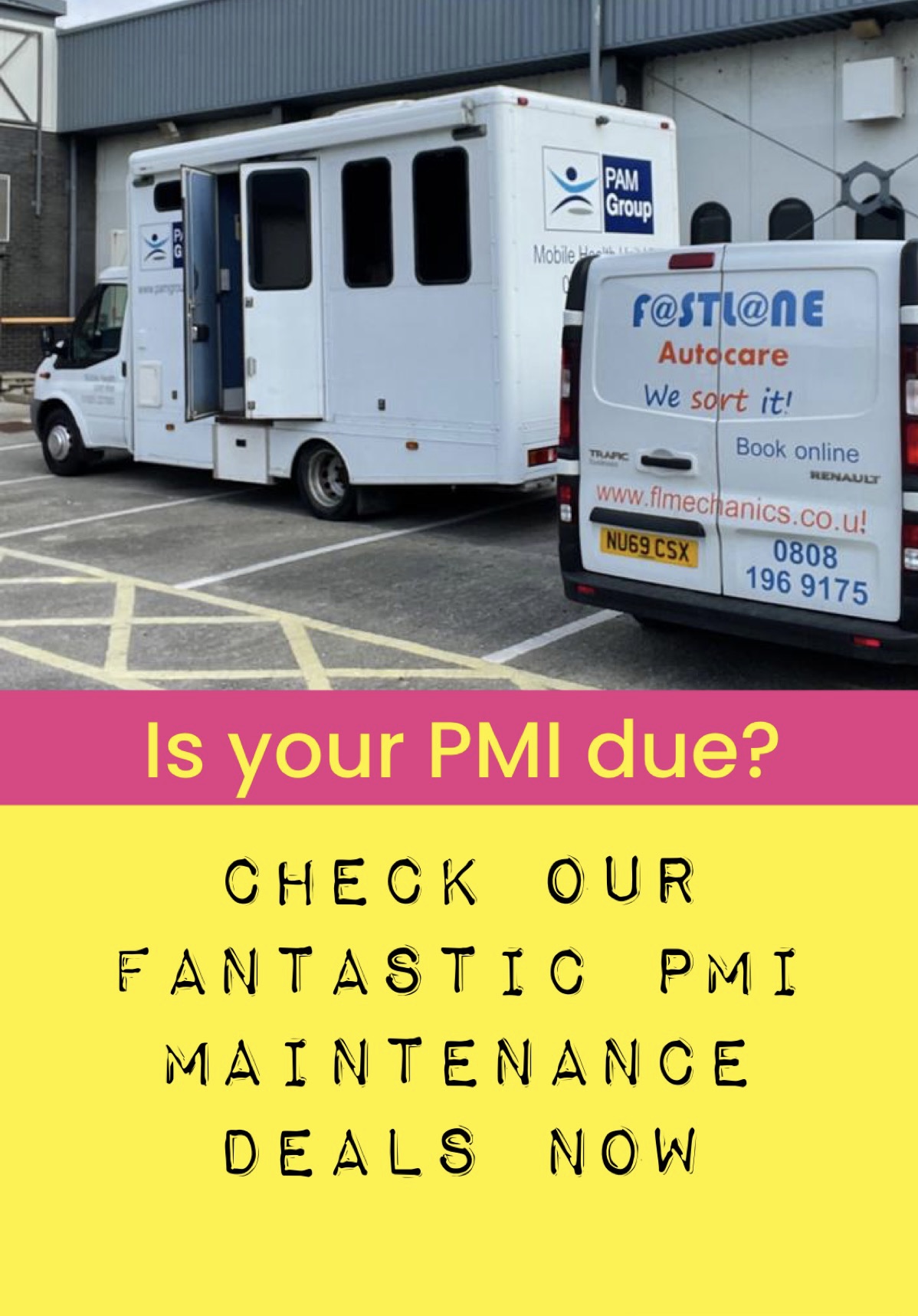For many people, the dreaded 3 words that come along every 6 weeks also known as PMI Inspections
Learn about the Ins and outs of PMI inspections. As a dedicated fleet service specialist, we can deal with PMI inspections for you. But before we get to that, learn all about them here. As the owner, operator, fleet manager or user of a commercial vehicle, you are required to develop and put in place systems for the regular inspection and maintenance of vehicles; there are two types of inspection which must be undertaken. As well as your 6 weekly checks, you must under go
Here you will find information on what preventative maintenance is and how to determine how frequently vehicles should be subject to preventative maintenance.
What is a PMI inspection
PMI is basically a preventative maintenance which consists of scheduled maintenance, component repairs and vehicle inspections carried out by a qualified company. Year after year, we undertake such work as
-
Ensuring that vehicles and items of equipment are operating correctly
-
Avoid any unscheduled breakdown and downtime
-
Ensure the roadworthiness of the vehicle
-
Take care of entire fleets
Preventative maintenance inspections doesn’t mean simply getting a bus, truck or trailer into the workshop and fixing what you see or doing a service on the vehicle. It means being on the lookout for things that might go wrong with the vehicle so that risks do not occur as a result of the deterioration or failure of a component or safety system on the vehicle. It is systematic detection, correction and prevention of failures before they become actual or major faults in contrast to corrective maintenance. Your preventative maintenance program for each vehicle should be thorough, regular, and frequent enough to meet the manufacturer's guidelines and that the vehicle, if used on a road, is safe and roadworthy. Pre-planned preventative maintenance along with daily walk-around checks help ensure that vehicles are maintained in a roadworthy condition.
Options in relation to preventative maintenance and operator responsibilities
You may approach vehicle maintenance in a number of ways. It can be outsourced to third-party providers, either in its entirety or elements of the maintenance task only. Or it may be undertaken in-house, by a suitably qualified person.
Whatever solution is adopted, if you own or use a commercial vehicle, you are responsible for having a proper preventative maintenance regime in place as well as being responsible for the roadworthiness condition of the vehicle including trailers being pulled on the road, even if you do not own that trailer.
You should schedule preventative maintenance at specific intervals so that you can identify a problem before it becomes a concern. We can help with PMI inspections in the North West and North Wales area.
How frequently should a vehicle be subject to preventative maintenance
There is a number of different factors to be considered when determining the frequency that a vehicle is subject to maintenance. Consideration should include the following
-
The condition of your vehicles and trailers
-
The conditions under which they are being used
-
The age and annual mileage of the vehicles
-
The degree to which the structure of the vehicle or parts is worn or has deteriorated
-
How frequently defects are detected during routine vehicle checks
-
The recommendations of the vehicle manufacturer, who develop model-specific vehicle maintenance schedules
There may be times when additional inspections may be necessary outside the routine pre-planned inspections, particularly if the vehicle is doing heavier work or travelling more than usual.
Depending on the condition of the vehicle as determined by the outcome of these inspections, fleet owners are adjusting the inspection intervals accordingly. Other factors that could determine the adequacy of inspection intervals is the pass/fail rate at the annual test, and in particular if there are any “Fail Dangerous” fail items.
When considering the appropriate frequency for your fleet, you should analyse your records and where components are regularly failing between inspections it would be appropriate to inspect these vehicles more often. All vehicles should be analysed separately as some may be used in different conditions than others; do higher mileage than others; be a different make, model, age etc. The average fleet maintenance schedule or PMI is 6 weeks and we can sort this out for you with our no-nonsense approach to your fleet servicing needs. We cover the whole of the North West and North Wales area.

<< Return to news
